Written by: Lia Munson as told by Jeremy Schultz.
In the sunlit spring of 1997, just weeks shy of completing third grade, I reveled in the freedom of bicycle rides—a passion nurtured by countless excursions alongside my father and two sisters. We often traversed a familiar 4-mile loop near our home, and those are some of my fondest memories of family togetherness.
Yet, as the school year drew to a close, a regular bike ride transformed into a life-altering event. At just nine years old, I was out riding my bike by myself when I was struck by a car, an accident that thrust me into a silent world of unconsciousness and uncertainty.
This moment marked the beginning of my journey as a TBI survivor, a path defined by immense challenges but even greater resilience. My story is a testament to the human spirit’s capacity to overcome, adapt, and find strength even in the most daunting circumstances.
The Day of the Accident: A TBI Survivor’s Story
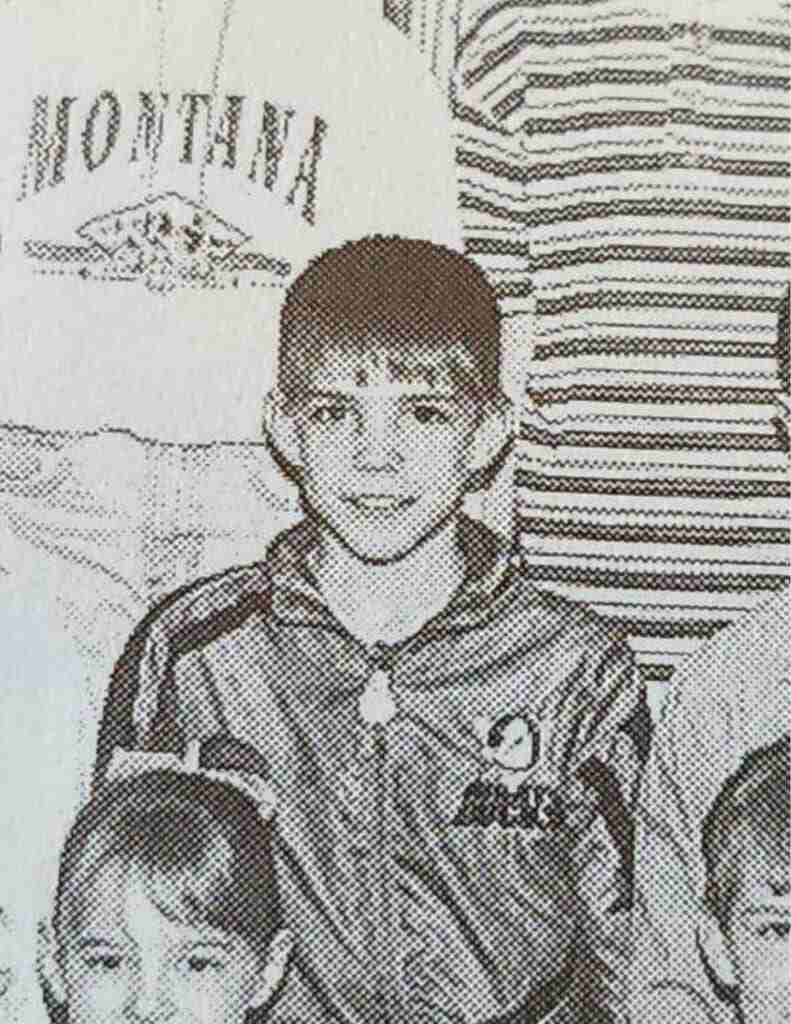
On that fateful day in 1997, the warm breeze of late spring hummed through the air as I set out alone on my bike, pedaling along the route that had become a second home to my wheels. Unbeknownst to me, the day would take a harrowing turn. As I navigated the familiar stretch of road, a car driven by a young local, barely 17 or 18 years old, struck me with devastating force. The impact sent me flying over the borrow ditch that lined the road, a stark and sudden departure from the peaceful ride I had embarked upon.
Luckily, the teenager responsible for the accident urgently dashed to the nearest house and called 911 to seek help from the local hospital. Soon, the scene was flooded with emergency vehicles. Meanwhile, my mother, who had been in town running errands and was on her way home, noticed the swirl of emergency responders along the roadside. I don’t know if she had a gut feeling or noticed my bicycle or what, but she knew it was me who was in trouble.
At the same time, my father, a long-haul truck driver, was miles away from home, oblivious to the crisis unfolding. It took precious hours for the news to reach him. As he learned of the accident, he felt a pang of helplessness, knowing he was too far away to do anything but hope and pray as he made his way back.
The Gravity of the Situation
Upon the arrival of the emergency services at the scene, the first responders quickly assessed the severity of my injuries. With no time to lose, I was transported via helicopter to St. Vincent Hospital. The gravity of the situation hung heavy in the air; no one could say for certain if I would survive.
As the helicopter blades whirred against the sky, carrying me away from the scene, my family converged at the hospital, clinging to each other in a vigil of hope and despair. They stood by in uncertainty, waiting for news and preparing for what would surely be a difficult journey ahead.
The Hospital: Being A Traumatic Brain Injury Patient
The sterile white walls of St. Vincent Hospital bore silent witness to the relentless beeping of machines and the hushed, urgent conversations of medical professionals. Faced with my critical condition, the doctors placed me in a drug-induced coma to stabilize my body and brain. The damage to my brain tissue was severe. Around me, the medical staff navigated the unknowns of my condition with professional calm, though their frequent, concerned glances betrayed their worries. My family clung to their faith and prayed that I would open my eyes once more.
In those tense days, the consensus among everyone, from family to doctors, was stark yet hopeful: if I awoke, my life would be unrecognizably altered. Despite this, my parents never wavered in believing I would return to them. They spent countless hours by my bedside, whispering words of encouragement, believing fiercely in my strength.
The Day I Woke Up
The moment of awakening was nothing short of miraculous, marked by a collective sigh of relief that echoed through the hospital corridors. My parents and the medical team, who had braced for any outcome, now shared smiles of sheer joy—it was clear I would survive. The first words I uttered were of concern for my sister, Alex, and my concern for her safety, mistakenly thinking she had been with me on the bike ride.
In the initial days following my awakening, my reactions were a mix of confusion and agitation, manifested in yelling and screaming, the reasons for which remain unclear to me even now. Despite this, I harbored no feelings of despair or hopelessness. My inherent optimism, a trait that had always defined me, seemed to intensify rather than diminish.
My family mirrored this positivity; they focused not on what had been lost but on what could be gained from then on. Together, we did not dwell on the calamity of the past but looked forward to the possibilities of recovery and adaptation.
This period in the hospital, 77 days in total, was a profound testament to the resilience not only of my body and mind but also of the human spirit within my family and the medical team that surrounded me. It was a time of recalibration, of learning anew the limits and potentials of my changed reality, and of taking the first tentative steps on the long road to recovery.
My Rehabilitation Journey
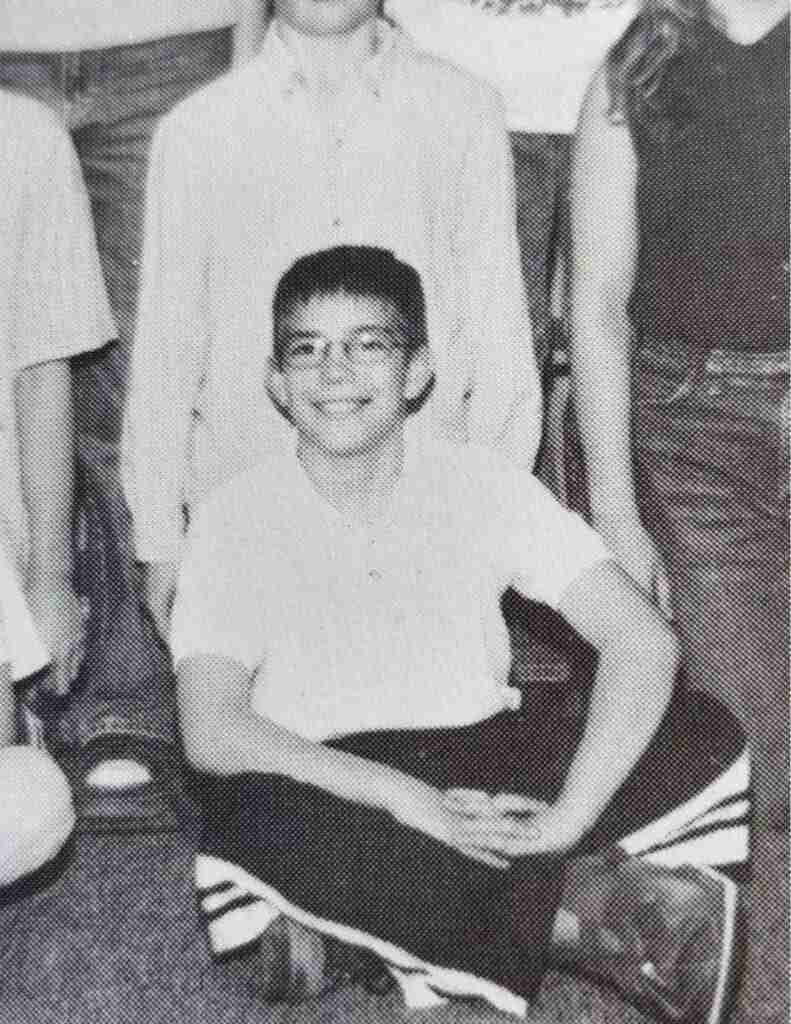
Transitioning from an ICU coma patient to daily rehabilitation was the next crucial phase in my journey as a TBI survivor. The road to recovery was lined with challenges, each demanding physical strength and mental resilience. Developing new coping skills was essential to manage frustration and maintain good mental health during this period.
My Therapists
Spearheading my rehabilitation were three remarkable therapists, each specializing in a unique aspect of recovery. “Marvelous Martha,” as I named her, was my vocational therapist, focused on retraining my cognitive abilities and helping me regain the skills necessary for daily tasks. “Jumpy Jennifer,” my physical therapist, was tasked with the physical aspects of my recovery, particularly regaining my mobility. Lastly, “Truly Trudy,” my recreational therapist, infused our sessions with activities that aided in physical recovery and uplifted my spirits.
The recovery process was intensive and involved various stages. Every day was split between attending school for half the day and spending the other half in rehabilitation. This schedule not only maintained a semblance of normalcy but also ensured a structured approach to recovery.
Walking, the most challenging task to relearn, became a central focus of my physical therapy sessions with Jumpy Jennifer. We tackled numerous exercises daily: stretches to improve flexibility, wall pushes and sits to build strength, and various balancing activities to enhance coordination. Each session pushed the boundaries of what I thought possible, slowly but steadily improving my mobility.
In addition to rigorous physical therapy, I worked extensively on fine motor skills, which were crucial for regaining independence. Marvelous Martha guided these sessions, during which I engaged in activities designed to enhance dexterity and hand-eye coordination. Simultaneously, swimming emerged as a therapeutic and enjoyable part of my recovery. The water provided a soothing, low-impact environment where I could strengthen my muscles without the harsh impact of traditional exercises.
Small Steps
Significant milestones punctuated my rehabilitation journey. The first time I walked unaided, even just a few steps, marked a monumental success for me and my team. It was a vivid testament to my progress from the days immediately following the accident. Each small victory was celebrated, from successfully completing a new physical task to mastering a fine motor skill activity.
These achievements were not just markers of physical recovery but also milestones of mental and emotional resilience, each one reinforcing my identity as a TBI survivor and a testament to the human spirit’s capacity to overcome adversity.
Support Systems for TBI Patients
As a TBI survivor, the path to recovery is often as much about the support one receives as it is about personal resilience and medical treatment. In my journey, the support from the Shriners Hospital played an instrumental role, complemented by an unwavering network of family, friends, and community that surrounded me.
Shriners Hospital: Medical Support and Surgeries

The Shriners Hospital was pivotal in providing specialized medical care that was crucial for my recovery. Over the years, the hospital facilitated several surgeries, including heel cord lengthening and hip rotation, to improve my mobility and address complications from my injuries.
The ongoing medical support from Shriners wasn’t just about surgeries; it involved continuous evaluations and adjustments to my treatment plan, ensuring that each step of my recovery was as effective as possible. This level of dedicated medical care was vital in managing the physical complexities of recovering from a traumatic brain injury.
The Brain Injury Association of America is also a valuable resource for finding support and information on TBIs.
Family: A Pillar of Strength
My family’s support was a cornerstone of my resilience. The vital role of family members in providing support and care cannot be overstated. My mom, in particular, was a constant presence and support. She drove me to all my appointments, sat through countless therapy sessions, and was my advocate and cheerleader through every small victory and setback. The unwavering dedication of my family provided not just logistical support but also emotional stability, which was crucial during the most challenging times.
Community and Classmates: A Supportive Network
The small size of my school turned out to be a blessing, as it fostered a tight-knit community that extended its protective and supportive embrace. My classmates were not just peers; they became guardians in their own right. The immense support from my friends at school included moments of encouragement, assistance during physically challenging tasks, and general companionship that made the school environment a safe and supportive space for me.
I learned much later that my classmates had taken it upon themselves to ensure my safety and inclusion, subtly warning any new student that any negative behavior towards me would not be tolerated. This protective stance by my peers was not just about watching out for me; it was a profound statement of their respect and care.
From the medical expertise of the Shriners Hospital to the emotional and logistical support of my family, and the protective camaraderie of my classmates, my support system was multifaceted. Each layer added strength to my recovery, reinforcing my identity as a TBI survivor and enabling me to not just regain functionality but thrive in the aftermath of my injury.
This collective support underscored the essential truth that healing from a TBI is a communal endeavor, one that relies heavily on the compassion, dedication, and involvement of an entire community.
Long-term Impact & Life Adjustments after a Severe TBI
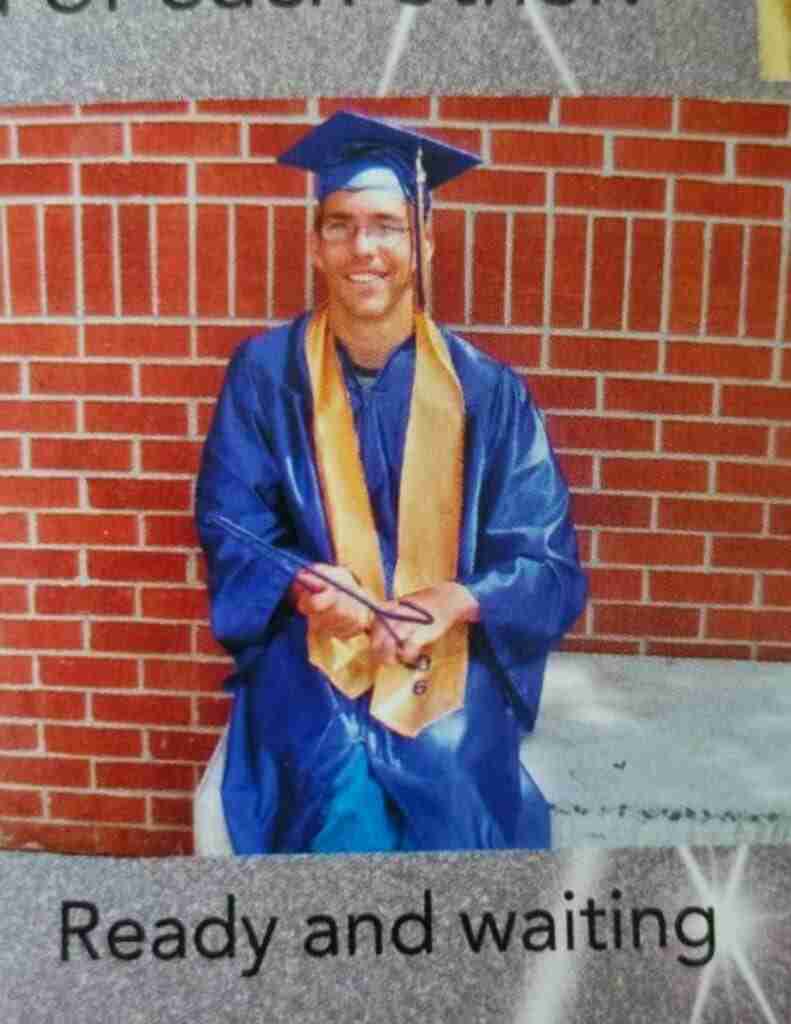
The journey of a TBI survivor is marked not only by the immediate hurdles of recovery but also by the long-term impacts that shape their everyday life.
Physically, the most evident change post-accident was in my mobility. My balance was significantly affected, altering the way I walked. A peculiar, involuntary movement developed where one of my arms would rise each time the opposite leg took a step. This distinctive gait earned me the nickname “dead arm” from my family, a term we all embraced with humor. Despite these challenges, I learned to navigate my physical environment with a new understanding and adaptation of my body’s capabilities and limits, aiming to return to normal lives as much as possible.
The traumatic brain injury had a profound effect on my cognitive abilities. Before the accident, I excelled academically, but the TBI introduced new challenges that made learning more difficult. Tasks that once seemed effortless required greater effort and adaptation on my part. I sometimes had trouble concentrating on my schoolwork, and this shift necessitated changes in how I approached my education. It prompted me to develop new strategies for learning and retaining information.
Personal and Social Changes
While my physical movements and academic abilities changed noticeably, my social life remained the same. The strong friendships I had before the accident continued to provide a sense of normalcy and support. This stability in my social interactions played a critical role in my mental health and well-being, proving that while some aspects of my life had changed, my connections with others remained a constant source of joy and reassurance.
After the injury, I also developed a deep love of music. Songs and lyrics really became therapy for me. Some of my favorite genres were and still are country and pop music, but I like it all, really. I realized that for everything you go through in life, there are five bazillion songs about it, you just have to find them. To this day I love discovering new music, always find connection and strength in meaningful song lyrics.
My Philosophy of Resilience as a TBI Survivor
Navigating life as a TBI survivor has not only reshaped my physical and cognitive world but has also profoundly transformed my outlook on resilience and determination. The experience has instilled in me a tenacity and a willingness to challenge the odds, principles that now guide my approach to life’s challenges.
This is relevant for many TBI survivors, especially in the broader context of neurological disorders and damage, where survivors face significant challenges in their ability to function in various aspects of their lives post-injury.
Resilience as a Mindset
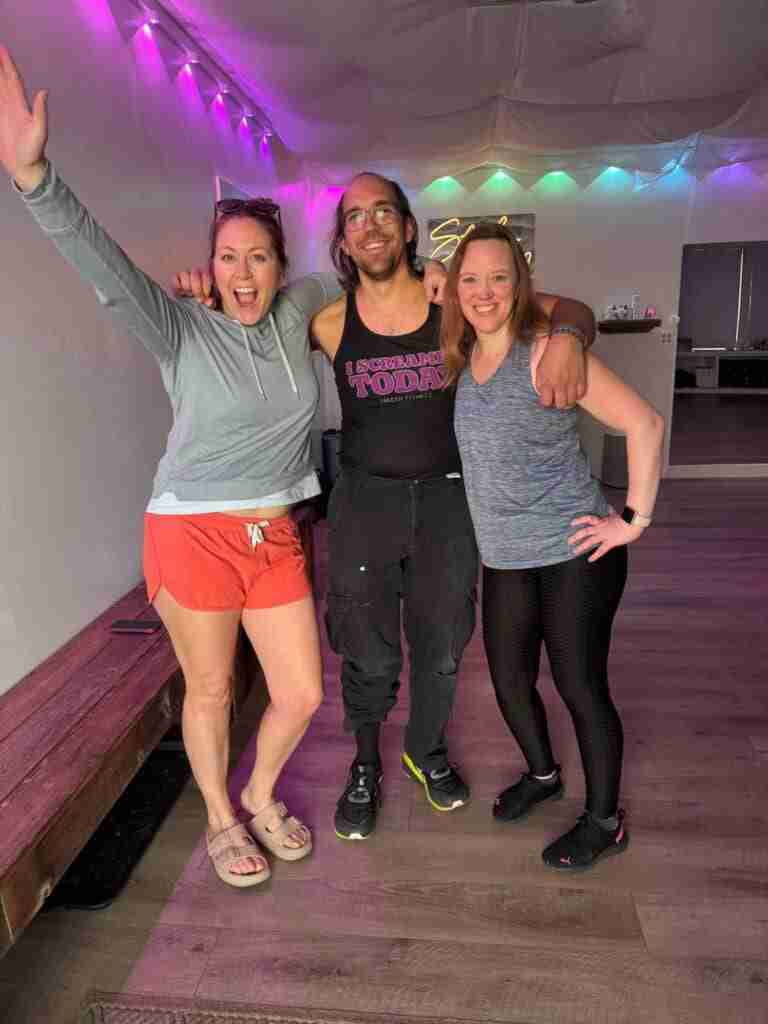
Post-accident, my life became a daily exercise in proving resilience—not just to myself but to everyone around me. The phrase “I can because you say it probably won’t happen” became more than a defiant statement; it evolved into a personal mantra that fueled my desire to defy expectations. This mindset spurred me on, pushing me to test limits and explore capabilities that others might not have thought possible for me.
Being a TBI survivor meant that I developed a kind of stubbornness—a positive, forward-driving force—that I hadn’t possessed before. Every challenge or setback was no longer a roadblock but an invitation to try harder, to persevere longer.
My attitude shifted to one of fearless experimentation with life’s possibilities. “Who cares what the world thinks, I wanna try that!” became a common thought, reflecting my newfound courage to engage with the world openly and without reservation.
Living Fully and Growing Through Challenges
The realization that we only have one life to live, and must therefore make the best of what we’re given, has deeply influenced my actions and aspirations. Viewing each difficulty as a ‘speedbump’ rather than a stop sign has allowed me to continue moving forward, always with an eye toward growth and improvement.
This perspective is something I often share in the form of advice to others facing their own battles: “Just keep swimming.” It’s a simple yet powerful reminder that persistence is key, and that motion, however small, is progress.
Spiritual and Personal Growth
I have come to view the accident not just as a life-altering event but as a pivotal moment meant to enrich my spiritual journey. It’s a belief that this ordeal was something God placed in my path not to hinder me but to help me become a beacon of growth and resilience.
This perspective has enabled me to serve as a witness to others, showing that no matter the nature of one’s struggles, there is always a pathway through them. It reinforces the idea that resilience is not just about surviving but thriving, demonstrating through personal example that one can rise above and beyond the challenges posed by life.
In essence, my philosophy of resilience is rooted in an unshakeable belief in personal strength and the power of a positive, proactive approach. It’s about turning the narrative of being a TBI survivor into one of triumph and continuous self-discovery.
Through living this philosophy, I hope to inspire others to recognize their own capacity for resilience, encouraging them to face life’s challenges with courage and optimism.
Closing Reflections on Being a TBI Survivor
I have found, like many other brain injury survivors, that recovering from a severe traumatic brain injury or spinal cord injury is a testament to the human body and spirit’s ability to adapt and overcome.
Navigating the world as a TBI survivor has been a journey of both achievements and setbacks. Each small victory in my rehabilitation or adaptation in my educational pursuits has been a testament to my resilience. Conversely, the setbacks—moments of frustration with my physical limitations or struggles with complex cognitive tasks—have taught me patience and the value of perseverance.
Looking back, while the traumatic brain injury undeniably reshaped the course of my life, it also instilled in me a profound sense of determination. I’ve learned to celebrate the victories, no matter how small, and to view each setback as an opportunity for growth. This perspective has not only facilitated my recovery but has also empowered me to assist and inspire others who may be facing similar challenges.
The journey of a TBI survivor is multifaceted. It is marked by continuous adaptation and learning, and the variedness of traumatic brain injuries highlights the resilience required by TBI survivors. Through it all, the experience has imbued me with a deeper appreciation for the resilience of the human body and spirit and the power of a supportive community.

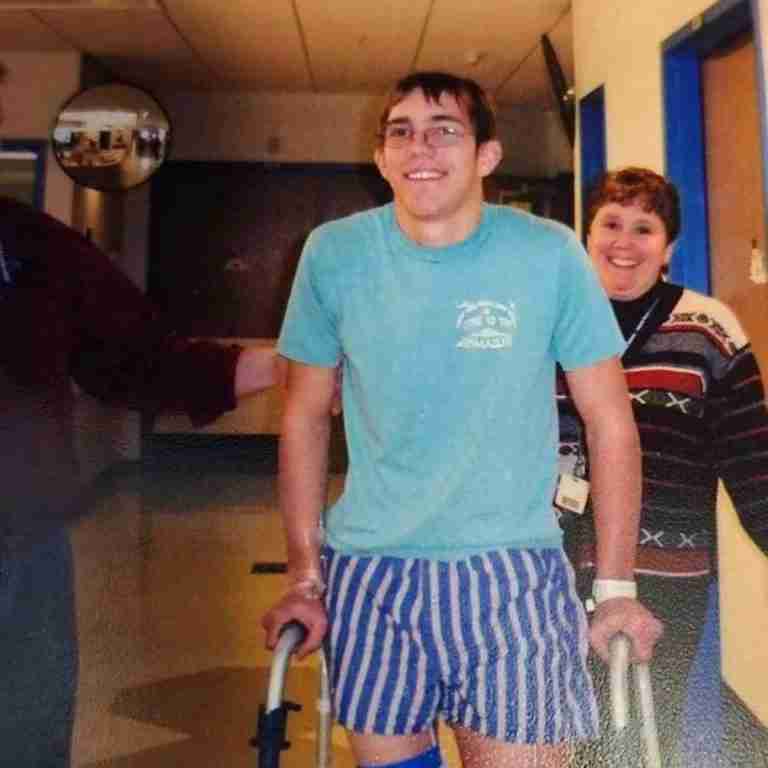





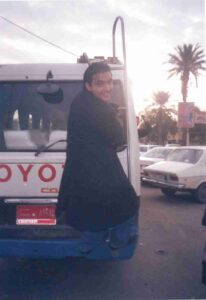

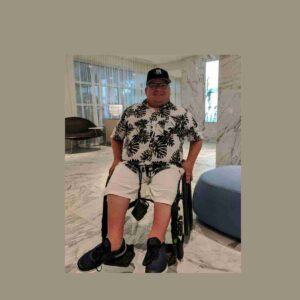




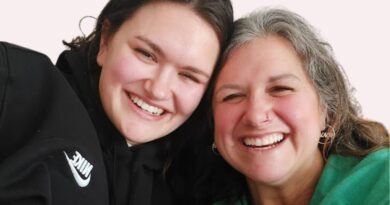














Reading your story brought tears to my eyes, not just the accident, but your courage and bravery to keep striving. You are amazing!